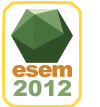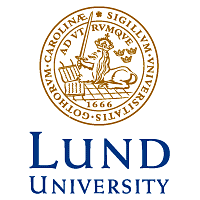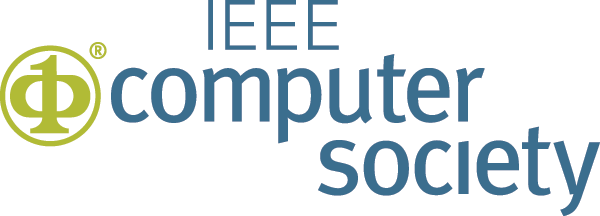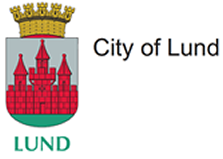
Keynote wednesday September 19th
Title: Dynamic Adaptive Search Based Software Engineering
Speaker: Professor Mark Harman, Department of Computer Science, University College London
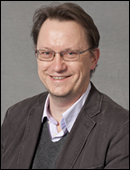 Abstract
Abstract
Search Based Software Engineering (SBSE) has proved to be a very effective way of automating and optimising software engineering problems, ranging right across the spectrum of software engineering activities. It relies on fitness functions (which are often drawn from the software metrics literature) and it is inherently empirical. This makes SBSE very closely aligned to the spirit and technical loci of the ESEM community. This keynote will present an overview of SBSE, focusing on aspects relating to Empirical Software Engineering and Software Measurement. It will also set out a new agenda for Dynamic Adaptive SBSE, in which the optimisation is compiled into deployed software to create self-optimising adaptive systems. (This is joint work with Professors Edmund Burke, John Clark and Xin Yao.)
Short Biography
Mark Harman is professor of Software Engineering in the Department of Computer Science at University College London, where he directs the CREST centre and is Head of Software Systems Engineering. He is widely known for work on source code analysis and testing and was instrumental in founding the field of Search Based Software Engineering (SBSE), the topic of this keynote. SBSE research has rapidly grown over the past five years and now includes over 800 authors, from nearly 300 institutions spread over more than 40 countries. A recent tutorial paper on SBSE can be found here: http://www.cs.ucl.ac.uk/staff/mharman/laser.pdf
Keynote thursday September 20th
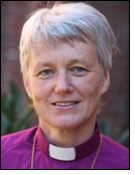 Title: Visualizing the invisible - symbols and metaphors in software engineering?
Title: Visualizing the invisible - symbols and metaphors in software engineering?
Speaker: Antje Jackelén, Dr. theol. Bishop of Lund, Adjunct Professor of Systematic Theology/Religion and Science, Lutheran School of Theology, Chicago
Abstract
Symbols and metaphors play a crucial role when we articulate our understanding of the world – be it everyday life, the life or science and technology or the life of religion and theology. How do we choose metaphors? How do we distinguish icons from idols? Do we always understand how symbols and icons work?
I will suggest that the experience that theologians have accumulated in the field of hermeneutics is an asset also in the area of science and technology. The critical engagement with the art of interpreting and understanding is necessitated by the potential of scientific concepts to build ideologies as well as by the role that metaphoric processes play – not only in communication with the general public but also in scientific research and self-understanding.
Short Biography
Dr. Antje Jackelén is Bishop of the Diocese of Lund in the Church of Sweden and Adjunct Professor of Systematic Theology/Religion and Science at the Lutheran School of Theology at Chicago, USA, where she taught 2001-2007. She was director of the Zygon Center for Religion and Science 2003-2007. Dr. Jackelén currently serves as president of the European Society for the Study of Science and Theology. She is the author of the books Time and Eternity (2005), The Dialogue between Religion and Science (2004), Gud är större (God is greater, 2011) and numerous articles, published in various languages.

